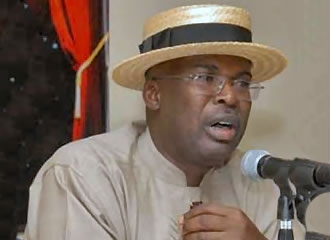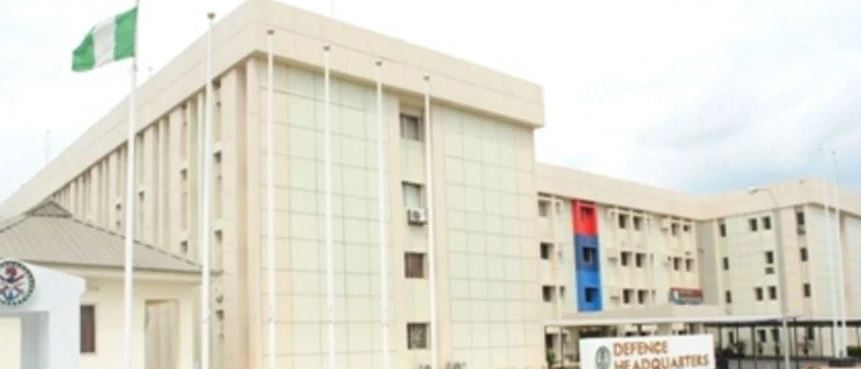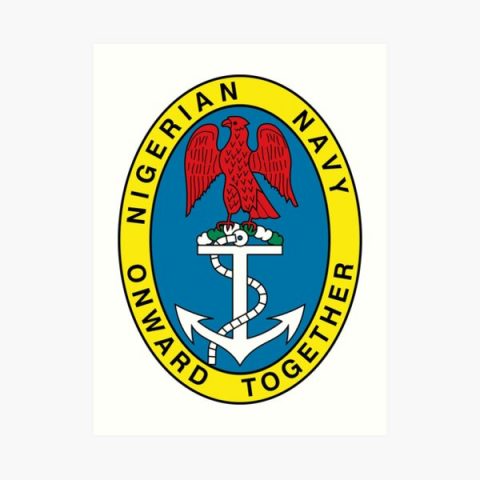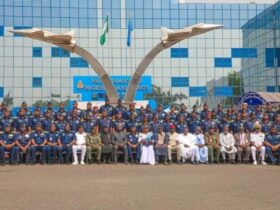The Director-General of the Department of State Services, Mr. Oluwatosin Ajayi, has called for a policy making it mandatory for recruitment of first-class graduates into the intelligence agency to strengthen national security.
Ajayi made this call at lecture titled “The Roles of the DSS in Security, Peacekeeping, and National Integration,” during the 2025 Distinguished Personality Lecture at the Centre for Peace and Strategic Studies, University of Ilorin, Kwara State.
Director General DSS spoke through the DSS Deputy Director, Mr. Patrick Ikenweiwewas who represented him at the lecture. He emphasised the need for a paradigm shift in recruitment and staffing within security agencies to ensure that only the best minds are enlisted.
The DG argued that recruiting top academic performers into the DSS should be a compulsory national policy, similar to Israel’s selective university admission system.
“Like I know, in Israel, there is one examination that students take to get admitted into the university. The moment you score above 70 marks, you have no option but to be sent to the university there.”
The DSS DG also canvassed for a shift in public perception about Nigerian security agencies, noting that many Nigerians wrongly view security agencies as adversaries rather than allies.
He lamented that such attitudes negatively impact intelligence gathering, peacebuilding, and national integration.
Ajayi contended that intelligence work requires exceptional intellect to tackle sophisticated criminal networks.
“Tell me how would a ‘Dundee’ (dullard) be able to keep security in a criminal gang that is constituted of First Class people? You know, it takes intellect to track criminality.”
“So, if I have my way in this country, and we keep praying that we do the right thing, the academia should be able to supply us, sincerely, the details of students who have excelled in their various fields of study so that they would be forced to serve this great nation,” he said.
The lecture further highlighted the critical role of intelligence agencies in safeguarding national security, emphasising that public perception of security organisations as adversaries rather than allies hampers intelligence gathering and peacebuilding.
Addressing Nigeria’s security landscape, the DG noted that traditional threats such as sabotage, subversion, and espionage have evolved into more complex challenges, including terrorism, insurgency, separatist agitations, militancy, cybercrime, and economic sabotage..
Ayayi reiterated the DSS’s commitment to tackling these threats through strategic collaborations with sister agencies and continuous stakeholder engagement.
Speaking on an overview of the mandate of the DSS, he said the service’s internal security responsibilities are accommodated in the NSA Act CAP N74 LFN, 2024 and SSS Instrument No. 1 of 1999.
“The former summarily mandates the Service to prevent and detect any crime against the internal security of Nigeria as well as protect non-military classified national security matters, while the latter, promulgated by former Head of State Abdulsalami Abubakar, mandates the service to, among others, prevent, detect and investigate the threat of espionage, subversion, sabotage, terrorism, separatist agitation, law and order and economic crimes of national security dimension.
“The instrument also demands that the DSS gives timely advice to the government on all matters of national security interest. Most importantly, the Service is empowered by the aforementioned legal frameworks to execute other functions as may from time to time be assigned by Mr. President, the Commander-in-Chief of the Armed Forces., he said.














